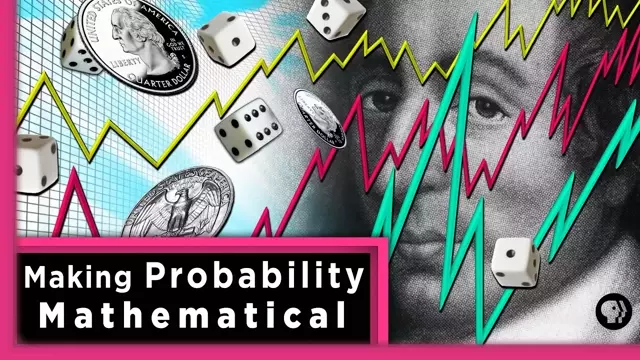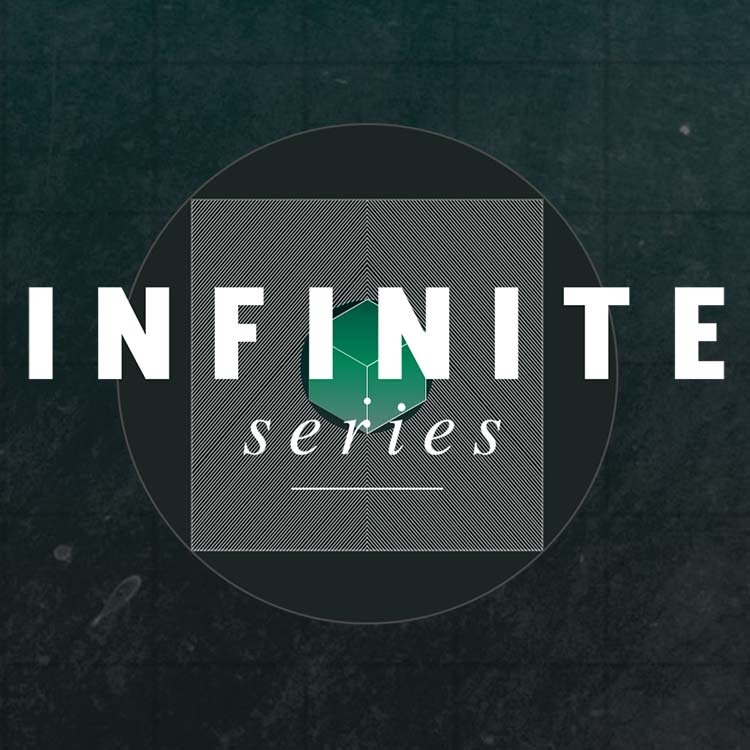2017-07-13
[public] 126K views, 3.60K likes, 72.0 dislikes audio only
Viewers like you help make PBS (Thank you 😃) . Support your local PBS Member Station here: https://to.pbs.org/donateinfi
What happened when a gambler asked for help from a mathematician? The formal study of Probability. Go to http://squarespace.com/infiniteseries and use code “INFINITE” for 10% off your first order.
Find out the players probability of winning based on their current score (Link referenced at 2:24):
http://mathforum.org/isaac/problems/prob1.html
Tweet at us! @pbsinfinite
Facebook: facebook.com/pbsinfinite series
Email us! pbsinfiniteseries [at] gmail [dot] com
Previous Episode
Written and Hosted by Kelsey Houston-Edwards
Produced by Rusty Ward
Graphics by Ray Lux
Assistant Editing and Sound Design by Mike Petrow
Made by Kornhaber Brown (www.kornhaberbrown.com)
Resources and Special thanks:
https://terrytao.wordpress.com/2010/01/01/254a-notes-0-a-review-of-probability-theory/
Kolmogorov - Foundations of the Theory of Probability
Ian Hacking - The Emergence of Probability
Throughout much of human history, people consciously and intentionally produced randomness. They frequently used dice - or dice-shaped animal bones and other random objects - to gamble, for entertainment, predict the future and communicate with deities. Despite all this engagement with controlled random processes, people didn’t really think of probability in mathematical terms prior to 1600. All of the ingredients were there -- people had rigorous theories of geometry and algebra, and the ability to rig a game of dice would have certainly provided an incentive to study probability -- but, there’s very little evidence that they thought about randomness in mathematical terms.
Challenge Winner:
Zutaca
/youtube/video/qEKNFOaGQcc&lc=z13ky5eruxbiermgx04cdx1ztyjlxzfyavc0k
Comments answered by Kelsey:
Ja-Shwa Cardell
/youtube/video/qEKNFOaGQcc&lc=z12yhrgjdqm5wrdbv04cejno4t2icnmpy1c
/youtube/video/qEKNFOaGQcc
/youtube/video/-6HxjiW_KwA?t=0
/youtube/video/-6HxjiW_KwA?t=23
/youtube/video/-6HxjiW_KwA?t=101
/youtube/video/-6HxjiW_KwA?t=163
/youtube/video/-6HxjiW_KwA?t=217
/youtube/video/-6HxjiW_KwA?t=281
/youtube/video/-6HxjiW_KwA?t=321
/youtube/video/-6HxjiW_KwA?t=471
/youtube/video/-6HxjiW_KwA?t=611
/youtube/video/-6HxjiW_KwA?t=633
/youtube/video/-6HxjiW_KwA?t=680
/youtube/video/qEKNFOaGQcc
/youtube/channel/UCs4aHmggTfFrpkPcWSaBN9g

